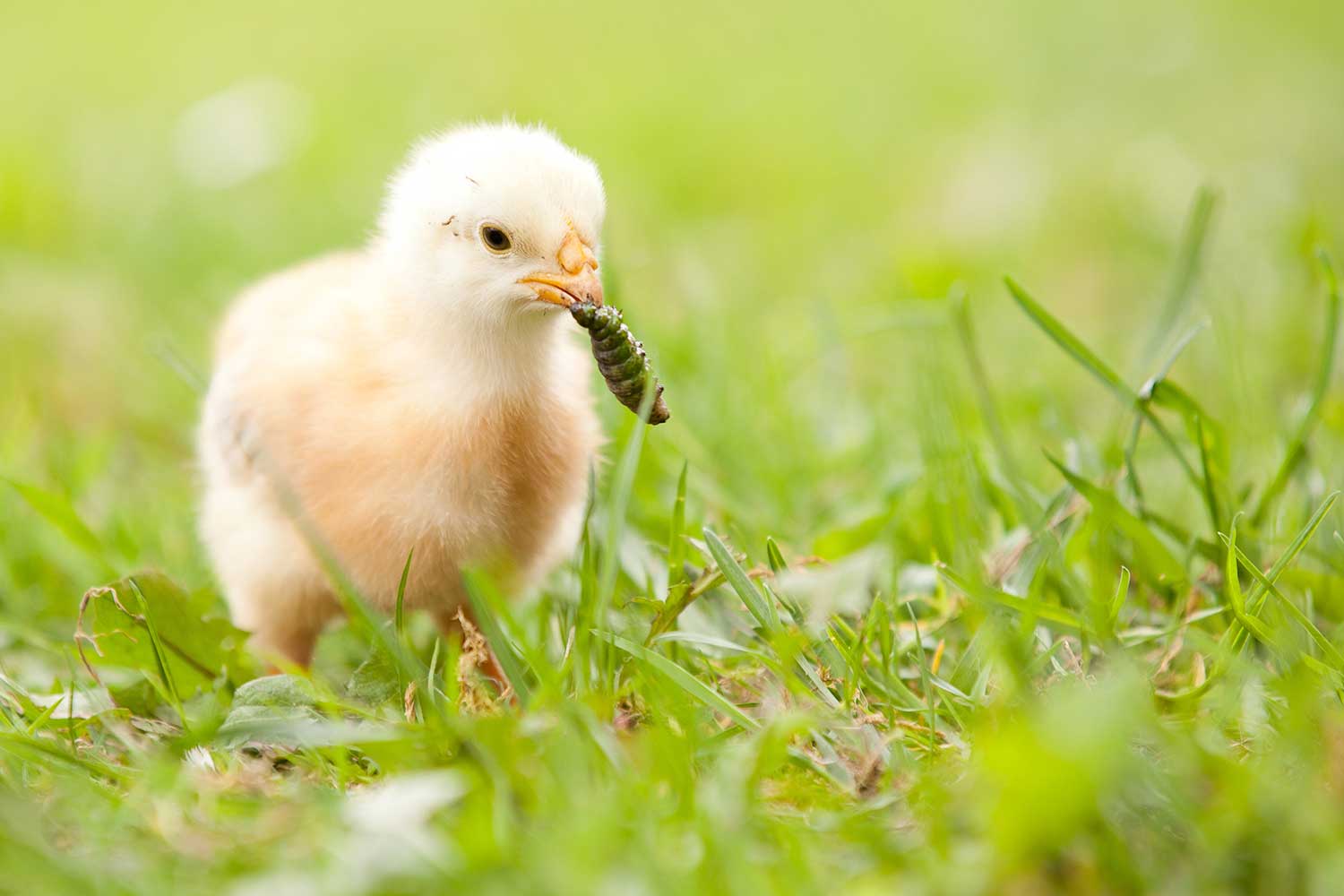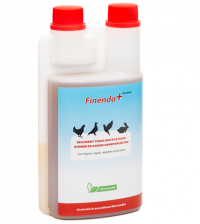Do I also have to deworm my chickens?
Worms in chickens is a problem that is often discovered too late. This is because the symptoms only become visible when the chicken has been suffering from worms for some time. Many chickenfarmers therefore give a preventive worm treatment once a year. However, is this a wise thing to do? And are there other ways to prevent worms in chickens?

How do chickens get worms
Chickens can become infected with worms from contaminated feces from newly purchased chickens or wild birds. This feces is eaten by insects and the infected insect is then eaten by the chicken. Since many chickens have an outdoor run and insects can easily enter there is always a risk of contamination. But can you also deworm your chickens preventively?
Preventive worming not possible
Preventative worming of chickens with worming medication is not recommended. worming medication (antelmintic) not only kills the worms, but also good bacteria in the intestines. This makes worm-free chickens much more sensitive to worm infestation and / or coccidiosis. Because the natural intestinal resistance of the chicken to worms decreases. It is therefore not recommended to give preventive wormers to chickens without a test on worms in the feces.
Optimizing natural resistance is possible
However, it is possible to increase the natural resistance of the intestines, so that worm eggs and oocysts have more difficulty nesting. The result is that worms come out again with the stool. Optimizing the natural resistance is possible with Finendo+ Cox & Worm. This is 100% natural and based on herbs and essential oils and is therefore not a chemical wormer. That is why this is extremely suitable for use to prevent worms in chickens.
Prevent worms in chickens
It is always good to take precautions to avoid worms in chickens. A chicken often only shows symptoms when the infection is already large. Symptoms include bulging, weight loss, bloody diarrhea, pale combs and a reduced condition. By taking the following measures, you reduce the chance of a worm infection:
- Keep the chicken coop and bedding dry
- Refresh the bedding regularly
- Give food from containers and do not sprinkle it on the ground
- Limit insects
- Optimize natural gut health with Finendo+ Cox & Worm
Conclusion
Preventive deworming without a testing the feces on worms is not recommended because it actually increases the risk of infection. However, it is possible to increase the natural resistance to worms in the intestines. In addition, apply the above measures to ensure that the chance of worms is as small as possible.
Read also: How do I know if my chickens have worms?

- For coccidiosis and intestinal problems in chickens, birds and rabbits.
- Eggs can be eaten during and after treatment
- No effect on the taste and quality of the eggs
- 100% natural, contains no poison
- Preventive and curative usable




